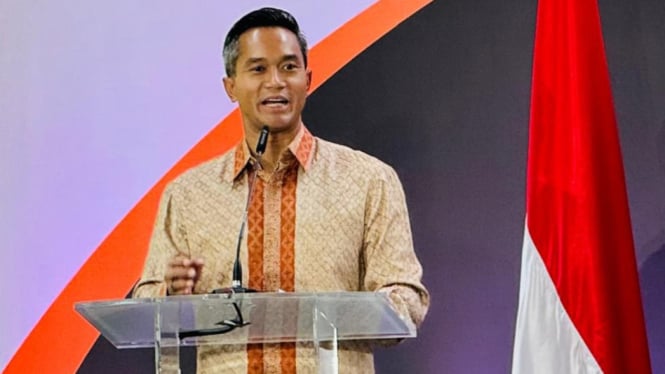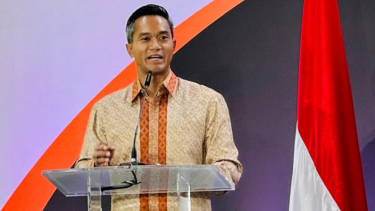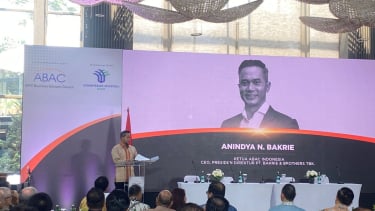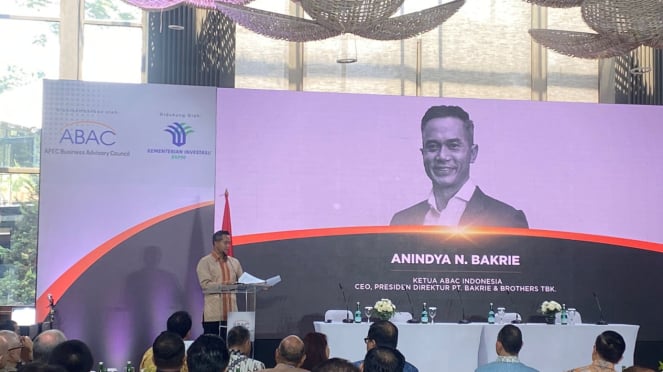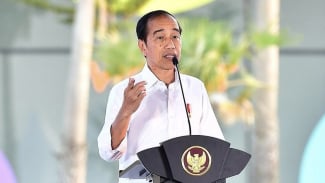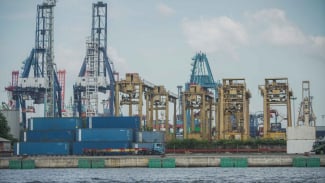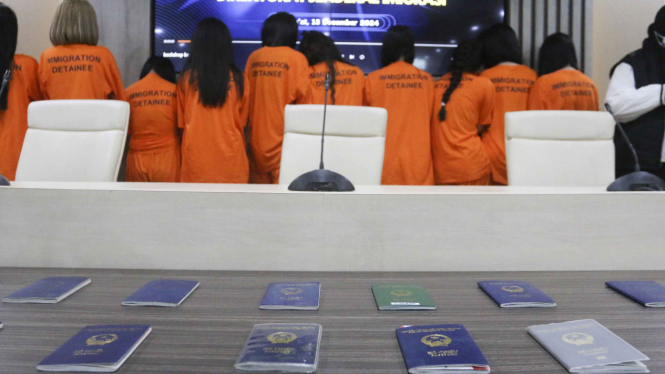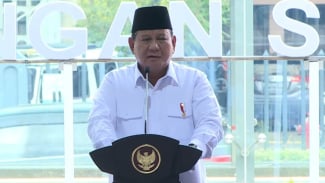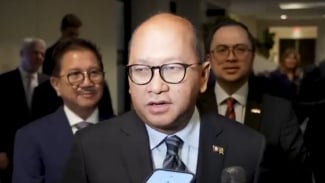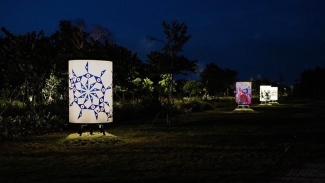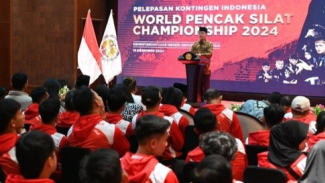Bakrie Unveils Main Criteria for Achieving Indonesia's Golden Vision 2045
- Ist
Jakarta, VIVA – Chairman of the Advisory Council of the Indonesian Chamber of Commerce and Industry (Kadin), Anindya Novyan Bakrie has outlined the main criteria for realizing Indonesia's Vision 2045.
The key requirement is the government's effort to promote downstream processing and digitalization, which are strategic steps to help achieve food, health, and energy security.
"In the business world, the focus is on how industrialization can take place. There are three main goals: food security, health security, and energy security. These can be achieved through downstream processing and digitalization," Bakrie said in a statement at the Investortrust CEO Forum in Jakarta on Thursday (August 29).
Ketua Apec Business Advisory Council (ABAC) Indonesia Anindya Bakrie hadiri acara Future of Indonesia Dialogue di Jakarta.
- VIVA.co.id/Natania Longdong
The industrial sector has long played an active role as an engine of development, generating various downstream effects, including increased capital market capitalization, the ability to absorb a large workforce, and the capacity to create added value from export commodities.
According to Bakrie, Indonesia needs policies to optimize its resources, particularly its mineral resources.
The added value of stored mineral reserves should be enjoyed by the Indonesian people, rather than being exported in raw form.
"Nickel, which we see today, is just one of dozens of commodities (mineral resources) that can be processed. To process it, investment is needed to turn it into stainless steel. Then, we can export it and even become one of the largest in the world,” he remarked.
In addition to mineral resources, Bakrie revealed that Indonesia also has potential in renewable energy that must be optimized.
According to an analysis by the International Renewable Energy Agency (IRENA), Indonesia's renewable energy potential is estimated to reach 3,692 gigawatts (GW), including potential from solar, wind, hydro, biomass, geothermal, ocean currents, and others.
“This can be done while maintaining environmental sustainability. So, when I say that Indonesia can become the maker of decarbonization, it is not an exaggeration," Bakrie stated.
This effort is supported by biodiversity, which acts as a carbon sink, providing added value for Indonesia that can then be utilized to boost industrialization.
Furthermore, Bakrie revealed that digitalization can be used to increase the added value of industries that have already been developed in Indonesia.
He provided an example of a bank whose transaction volume skyrocketed multiple times without increasing its workforce.
“The number of transactions surged from hundreds of thousands to hundreds of millions; this would be impossible without digitalization,” Bakrie said.
According to him, digitalization is not only about implementing technology to simplify work or solve problems. More importantly, digitalization is also about developing human resources.

